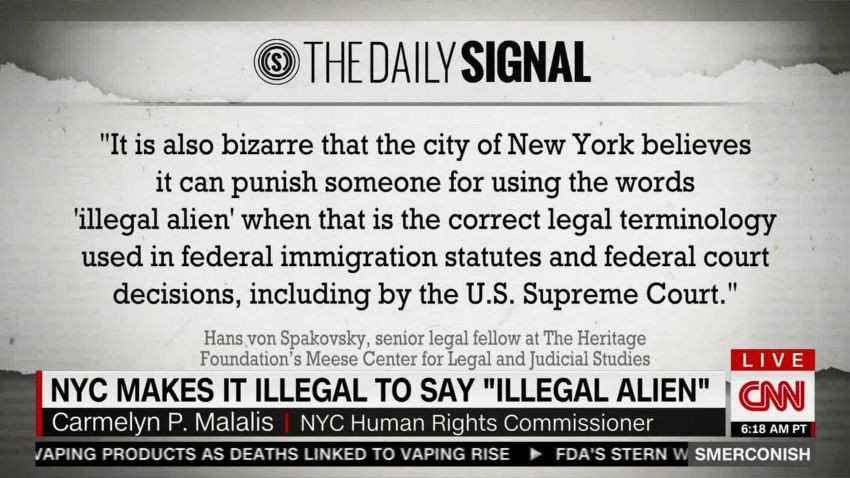In the heat of the 2024 U.S. presidential election, a flurry of misinformation and disinformation spread across social media platforms, with one claim specifically targeting the integrity of the electoral process. In early September 2024, a series of images described as showing the number of non-citizen "illegal aliens" who had registered to vote, by state, in the 2024 U.S. presidential election went viral on X. These posts asserted that the data came from the U.S. Social Security Administration (SSA).
However, this claim was false. While these numbers do come from a table housed on the SSA website, they do not represent non-citizens registering to vote. Instead, they represent the number of times each state's election officials accessed a federal database known as the Help America Vote Verification (HAVV) system. This system is a crucial part of the voter registration process, designed to verify the identity and eligibility of voters.
How HAVV Works
The Help America Vote Act of 2002 requires states and localities to develop centralized computerized voter databases to verify voter registration information. When individuals register to vote, they must provide their driver's license number to the state election agency. If the registrant has no driver's license, they must supply the last four digits of their social security number (SSN). The statute mandates that state motor vehicle agencies (MVAs) and the Social Security Administration (SSA) collaborate to verify the name, date of birth, last four SSN digits, and any information recorded regarding the death of an individual.
The Numbers Don't Tell the Full Story
The numbers displayed in viral posts on X match those for "the total number of verification requests received from each participating State through HAVV" from Jan. 1, 2024, to Aug. 24, 2024. These requests are made primarily in instances where "an applicant for voter registration does not have a driver's license." The state election agency then submits the applicant's name, date of birth, and last four digits of their SSN to the SSA for verification through the HAVV system.
Therefore, the numbers in the meme merely show the number of times this verification system was accessed, not the number of non-citizens who registered to vote. The data itself does not reveal anything about the citizenship status of individuals who registered to vote. It simply reflects the number of times states utilized the HAVV system to verify the identity of potential voters. This distinction is crucial to understanding the true meaning of the data and preventing the spread of misinformation.
Debunking the Myth: Non-Citizen Voting is Extremely Rare
The claim that millions of non-citizens are registering to vote in the U.S. is not supported by evidence. Snopes has debunked several false claims about noncitizen voting in the run-up to the 2024 general election. It's important to note that the United States has robust mechanisms in place to prevent non-citizens from voting. These mechanisms include voter registration systems, verification processes, and legal penalties for voter fraud. These safeguards are crucial for ensuring the integrity of our elections and preserving the democratic process.
The Importance of Fact-Checking in a Digital Age
The spread of misinformation and disinformation is a growing problem in the digital age. This case highlights the importance of critical thinking and fact-checking when encountering information online. Before sharing information, especially during election seasons, it's essential to verify its authenticity and accuracy. Relying on credible sources and reputable fact-checking websites can help ensure that you are consuming and disseminating accurate information. By promoting responsible online behavior and promoting critical thinking, we can help protect the integrity of our elections and safeguard the democratic process.
Conclusion: A Misleading Narrative
The viral image claiming that millions of "illegal aliens" registered to vote is a prime example of how misleading information can quickly spread online. By presenting data out of context and drawing incorrect conclusions, this image aimed to sow doubt and distrust in the electoral process. However, the facts clearly demonstrate that the data does not support the claim. It's crucial to remember that our democratic system relies on trust and transparency. By promoting accurate information and debunking false narratives, we can ensure that our elections are fair, secure, and reflective of the will of the people. The next time you encounter a piece of information that seems too good to be true, take a moment to question its source, check its credibility, and seek out reliable sources of information before sharing it. Our collective responsibility to promote truth and accuracy is paramount in this digital age.

















